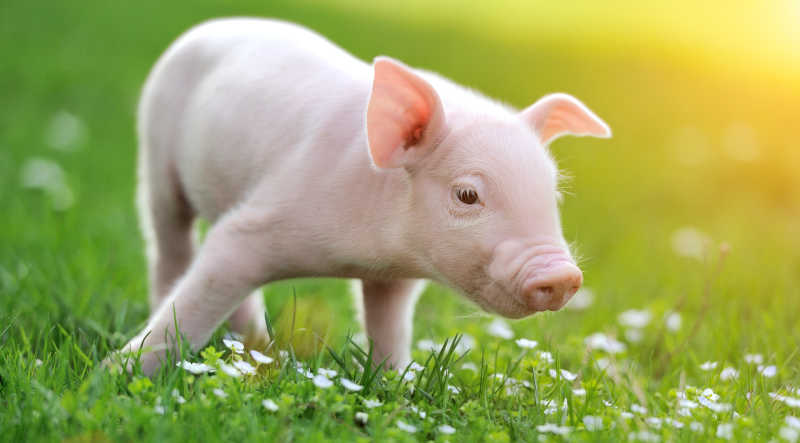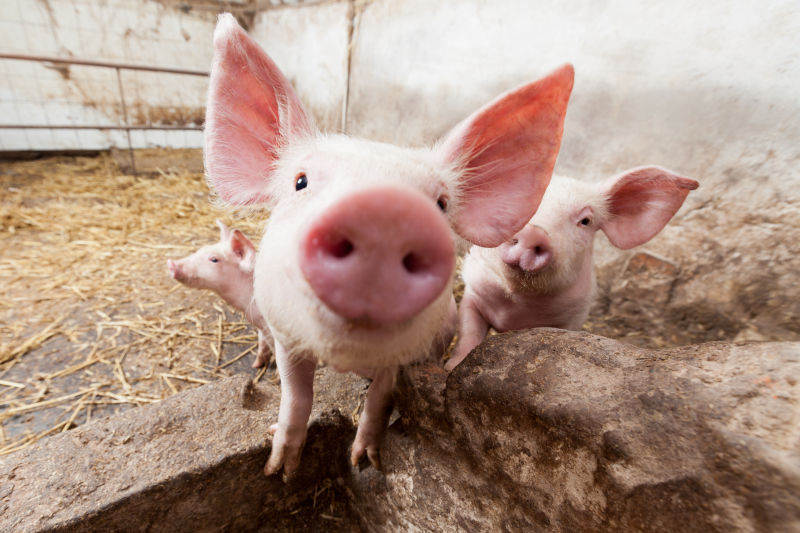Pre-weaning diarrhea (PWD) is a common and related problem in pig farming, usually caused by pathogens (such as bacteria, viruses, and parasites) or non-infectious causes (such as diet). Among them, E. coli or Clostridium infection is the most common, and rotavirus, PED, TGE and coccidiosis may also cause PWD.

Piglets are infected with pathogenic E. coli/Clostridium mainly through oral feeding or contact with contaminated surfaces, and subsequently develop clinical symptoms, which will negatively affect production results.
To prevent PWD, a multifactorial approach can be taken, including feed management, climate control, colostrum intake, vaccination schedules, and sterile environments. Reducing the number of pathogens is mainly achieved through hygiene measures.

In order to ensure that newborn piglets live in a clean and dry environment, preparing a "bed" filled with sanitary drying powder is an essential step. Drying powder absorbs moisture, cleans body surfaces, provides a dry bed and prevents bacterial growth.

